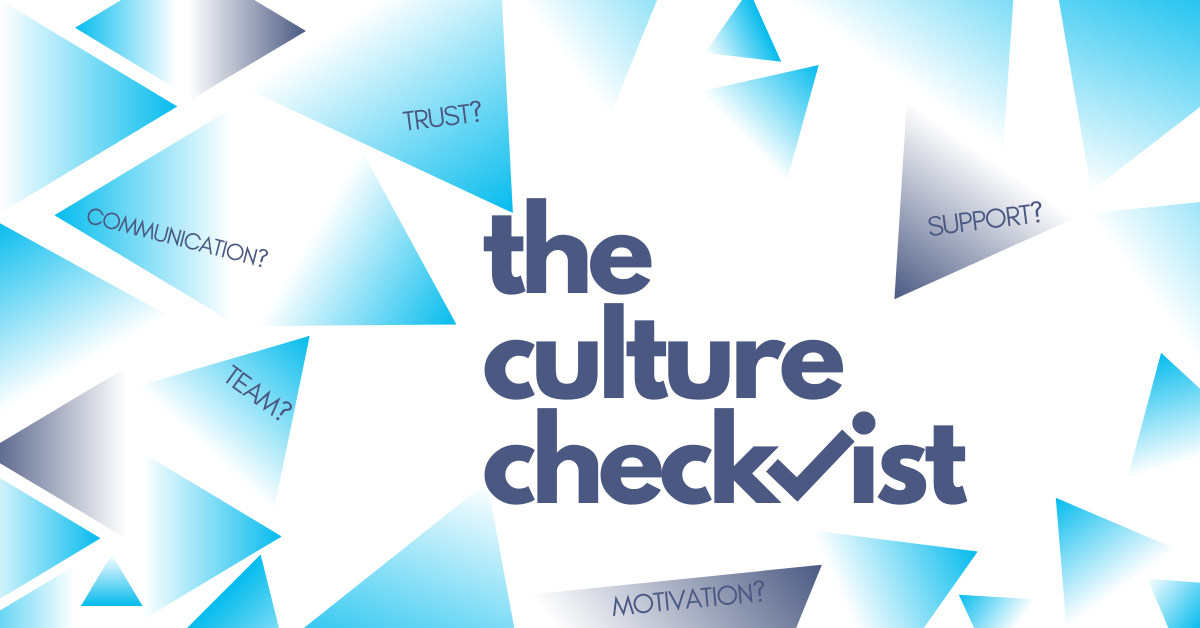#Culture is one of those overused, overanalyzed terms. We talk about the culture of an organization, the shifting trends and finding a “cultural fit” when hiring. Every day, you can read a mountain of articles on this topic. Here’s one article I wrote and a recent interview as well.
Irrespective of all the abuse and wrong usage, culture DOES matter! A lot. It’s less about the gimmicks & perks a company provides and more about how it makes people FEEL. I’m creating a series of articles about my “culture checklist” – a personal version of mottos and guidelines to recognize a toxic culture.
Here are the first 3:-
✅ It’s not just how a company hires you but how it fires you.
A lot of companies (especially young ones) struggle with onboarding and off-boarding. People believe that sending a contract is the most important aspect of hiring. It’s not – it’s just one element! It’s how you integrate and transition new hires into the organization. In most cases, off-boarding isn’t even given a second thought. Onboarding is definitely essential but off-boarding people professionally is crucial. How are employees fired? How are they let go for performance or other issues? You can ALWAYS part ways the RIGHT way but this aspect of an employee’s life cycle needs more attention & thought.
✅ Don’t throw people in the water and expect them to be champion swimmers before you teach them how to float.
Structured companies have a built-in system where new hires get to rotate among different departments and shadow a more experienced employee, sometimes for a year. This workflow of learning and mentorship prepares them to flourish in the role. Unfortunately, in other cases, you are brought into a new environment and expected to navigate the landscape without any assistance. People need guidance and training unless they are already subject matter experts and will not be doing anything new. Even with domain knowledge, there is always something unique about an organization. Employees are set up for failure if they are not taught the subtle nuances and given the resources they need.
✅ Hustlers might win sprints, but they lose marathons.
There is definitely a time and a place for hustle. You cannot always expect to do just a 9-5 shift. But if you’re ALWAYS hustling, it means you are not doing something right and are headed for burnout. A company that encourages its employees (directly or indirectly) to spend all their waking hours at the office does not want them to have a personal or balanced life. This focus on ‘busy work’ is not sustainable and leads to a fake & ‘window dressing’ culture where workers get bragging rights for staying late at the office. Organizations should encourage workers that are consistent hard workers and can contribute on a long term basis.
Do you have things you’d like to add to the list? Do reach out – I’d love to hear your thoughts!
[NOTE: This article was initially posted on LinkedIn]


